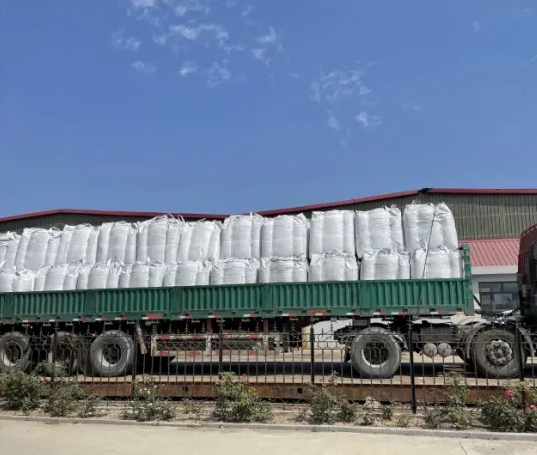
Petroleum coke, commonly known as petcoke, is a byproduct of the petroleum industry and is a black solid substance that is similar in many ways to coal. Energy is also a major use of it. Transporting and handling petcoke involves a variety of environmental and safety regulations. This market also depends on other factors like refinery capabilities, industry demands, and political developments.
The bulk transport of petcoke is a challenging process that requires the use of specialized equipment and adherence to strict safety and environmental regulations. This is especially important for the transportation of petcoke across long distances, where exposure to high levels of CO and other toxic gases can cause significant health issues. Recent advances in pollution controls have made it possible to transport calcined coke in high quantities at low prices.

Calcined Petroleum Coke is made by heating the green petroleum coke in order to remove moisture and volatile material. This produces a fuel that has a higher conductivity electrically, but also possesses heightened stability. In addition to being used as a fuel, it is also utilized in making graphite products and cement kilns. It can also be used as a substitute for fuel oil in electric power plants and as a raw material in the production of paper.
The calcined form is less harmful, but it's still susceptible to heat. If not handled correctly, the petcoke can spontaneously catch fire. For this reason, the product is often stored in a closed facility with an air-conditioning system. To prevent this, ensure all the equipment that is used in processing volatile substances is maintained correctly.
Aside from the environmental risks of transporting and storing this highly reactive cargo, it is also important to consider the impact on the communities that are located near these facilities. Residents of Southwest Detroit have higher asthma rates and lung cancer in areas with open piles. Petcoke stored in open air near Chicago's Rotary Kilns was also found to have elevated PM10 concentrations.
For petcoke to be transported safely, strict standards and regulations must be followed. The ships carrying bulk petcoke must have specialized equipment including pneumatic loading systems. During the unloading process, it is important to ensure that dust emissions are kept to a minimum, and the cargo is not contaminated or spilled. Moreover, the load must be carefully secured to avoid damage during the voyage.

Write a Message